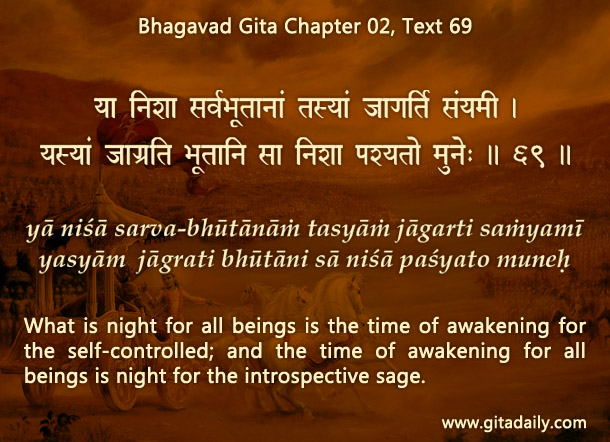The difference between outer achievement and inner achievement lies in where each seeks to bring our focus.
Outer achievement aims to place us at the center of others’ consciousness, or even the center of the world’s attention. In contrast, inner achievement involves centering our own consciousness within, bringing it to our spiritual core—the Divine Self that exists like the eye of the storm at the center of our being.
By nature, we are active creatures. While biological beings are driven by survival and reproduction, we humans seek something more: value, meaning, purpose, and significance. This drive is fueled by a conviction that our existence matters, that what we do has value, and that we can make a difference in our lives and in the world. This search for significance leads most people toward outer achievement and a few toward inner achievement.
When we seek outer achievement, whether through wealth, position, possessions, or even social media following, we essentially strive to place ourselves within the consciousness of others. We subconsciously believe that the more attention we attract, the more our existence gains value. There is indeed a thrill in being at the center of attention—whether as a public speaker, an athlete, or a musician holding a crowd’s attention. However, the problem with seeking significance through outer achievement is that it is fickle and fallible. Our capacity to capture attention today may fade over time as others succeed in capturing it.
This pursuit can also make us desperate, driving us to cross boundaries of decency, morality, or even humanity. The Bhagavad-gita (16.14) warns that the desire to be the center of the universe can make people covetous, even murderous, as they eliminate threats to their position. Some people succeed under the radar, finding power and influence in anonymity, but still delight in the mystery and bewilderment they cause.
Inner achievement, in contrast, offers a sense of significance that is sustainable. Through time-tested practices like yoga and meditation, we realize our indestructibly significant spiritual core. This core is an inviolable part of a Divine whole, as indicated in Bhagavad-gita (15.7). The soul, our spiritual essence, is joyful by nature. When the soul attains a state of connection with the Divine, the source of unlimited joy, we experience peace that transcends understanding and satisfaction that cannot be stolen by desires or fears (Bhagavad-gita 6.22).
Only through this sublime satisfaction can we gain a sense of significance that is enduring and enriching, fulfilling our longing for meaning perfectly. Pursuing inner achievement enables us to seek outer achievement without becoming dependent on others’ validation or compromising our values. In contrast, focusing solely on outer achievement leaves us at the mercy of an unforgiving world, which may sentence us to a life of disappointment if we fail to capture attention or a life of heartbreak if we are eventually replaced by others.
No wonder the Bhagavad-gita (2.69) declares that the paths of inner and outer achievement are as different as day and night. While most people seek significance through outer achievements, aiming to become the center of the world’s consciousness, those who seek it inwardly find their spiritual core and recognize their connection to the Divine. This inner enrichment allows them to pursue outer achievements without being dragged away from things of true value.
Think it over:
- What motive differentiates human actions from those of non-human creatures?
- What issues arise from solely pursuing outer achievement?
- How does inner achievement address the problems inherent in outer achievement?
***
02.69 What is night for all beings is the time of awakening for the self-controlled; and the time of awakening for all beings is night for the introspective sage.


Leave A Comment